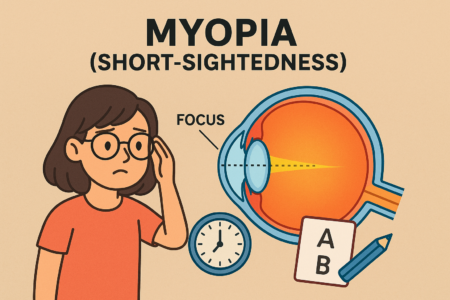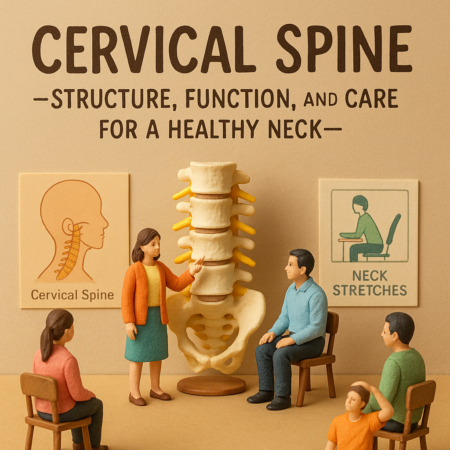Introduction
In today’s blog post, we’ll explore the powerful link between positive relationships and mental health. It’s no secret that our connections with others play a significant role in how we feel and navigate life’s challenges. Whether it’s with family, friends, or even pets, these relationships can greatly impact our overall well-being and mental health outcomes. Let’s delve into why fostering positive connections is essential for our emotional and mental wellness.
The Impact of Social Support on Mental Health
Research consistently shows that having strong social support networks can significantly benefit our mental health. Studies have revealed a direct link between social support and improved mental well-being, highlighting the importance of positive relationships in our lives. When we have people we can turn to for emotional support, practical help, or simply companionship, we’re better equipped to navigate life’s ups and downs. Strong social connections act as a buffer against stressors, enhancing our resilience and ability to cope with challenges. For example, having friends or family members who listen without judgment or offer encouragement during difficult times can alleviate feelings of anxiety and depression. These supportive relationships provide a sense of belonging and validation, which are essential for maintaining good mental health.
Emotional Regulation and Validation
Positive relationships play a crucial role in our emotional well-being by offering a safe and supportive environment for expressing our feelings and receiving validation. When we have someone who listens to us without judgment and acknowledges our emotions, it can make a world of difference in how we feel. Empathy and understanding from others help us regulate our emotions by providing comfort and reassurance during challenging times.
For instance, having a friend who empathizes with our struggles or a family member who validates our experiences can help us feel understood and accepted, leading to a greater sense of emotional stability. These supportive relationships act as a source of strength and resilience, empowering us to navigate life’s emotional ups and downs with greater ease.
Sense of Belonging and Connection
Feeling like we belong and connect with others is fundamental for our mental well-being. It gives us a sense of security, acceptance, and self-worth. When we’re part of a supportive community or have close relationships with friends and family, we feel valued and understood. This sense of belongingness helps us cope with life’s challenges and builds our resilience.
For example, having a close-knit group of friends or being part of a supportive family can create a strong sense of community where we feel accepted for who we are. This feeling of belongingness not only enriches our lives but also positively impacts our mental health by reducing feelings of loneliness and isolation. Knowing that we have people we can rely on and share our experiences with strengthens our emotional well-being and contributes to a happier, healthier life.
Building Self-Esteem and Confidence
Positive relationships play a crucial role in building our self-esteem and confidence. When we’re surrounded by people who support and encourage us, we’re more likely to believe in ourselves and our abilities. Supportive feedback, encouragement, and affirmation from friends, family, and mentors can help us recognize our strengths and achievements, boosting our self-worth in the process.
For instance, when we receive praise for our accomplishments or when someone believes in us even during challenging times, it reinforces our belief in ourselves. Healthy relationships provide a safe space where we can express ourselves freely without fear of judgment, allowing us to develop a positive self-image. When we have people who genuinely care about us and celebrate our successes, it empowers us to overcome self-doubt and negative self-talk, fostering a greater sense of confidence and resilience.
Stress Reduction and Coping Mechanisms
Positive relationships play a vital role in reducing stress and helping us cope with life’s challenges. When we have strong social connections, we have someone to lean on during difficult times, which can significantly alleviate stress. These relationships act as buffers against stress by providing emotional support, practical assistance, and a sense of belonging.
Studies have shown that social support can have both physiological and psychological benefits. Having someone to talk to, share our feelings with, and receive empathy from can help lower stress hormone levels and reduce the body’s physiological response to stressors. Moreover, feeling supported and understood by others can positively impact our mood and overall well-being.
To leverage the power of social connections for stress management, it’s essential to nurture and maintain healthy relationships. Spending quality time with loved ones, engaging in activities together, and communicating openly can strengthen bonds and provide a strong support network. Additionally, practicing active listening, offering support to others, and seeking help when needed are effective strategies for managing stress and building resilience within our social circles.
Enhancing Life Satisfaction and Fulfillment
Positive relationships play a crucial role in enhancing our overall satisfaction and fulfillment in life. When we have strong connections with others, we feel happier and more content with our lives. Meaningful relationships provide us with emotional support, companionship, and a sense of belonging, which are essential for our well-being.
Moreover, positive relationships contribute to our sense of purpose and meaning in life. When we feel connected to others and have fulfilling relationships, we are more likely to perceive our lives as meaningful and worthwhile. Whether it’s spending time with family, bonding with friends, or building connections within our communities, nurturing positive relationships enriches our lives and brings us joy and fulfillment.
For example, sharing experiences, creating memories, and supporting each other through life’s ups and downs strengthens the bonds we have with others and enhances our overall well-being. Whether it’s celebrating milestones together, lending a listening ear during challenging times, or simply enjoying each other’s company, positive relationships add richness and depth to our lives, ultimately leading to greater satisfaction and fulfillment.
Addressing Loneliness and Isolation
- Loneliness and social isolation can have significant negative impacts on our mental health, leading to feelings of sadness, emptiness, and disconnection from others.
- Building meaningful connections with others can provide a sense of belonging and companionship, reducing feelings of loneliness and isolation.
- Engaging with friends, family members, or participating in group activities creates a support network that offers comfort and encouragement during difficult times.
- Technology allows us to connect with others virtually, providing opportunities for social interaction even when face-to-face contact isn’t possible.
- To combat loneliness and build meaningful connections, proactive steps such as joining clubs, volunteering, or reaching out to old friends can be taken.
- Making an effort to nurture existing relationships and cultivate new ones significantly improves mental well-being and overall quality of life.
Conclusion
Positive relationships significantly influence mental health, offering support, reducing stress, and boosting self-esteem. Prioritizing these connections is essential for optimal well-being, providing a sense of belonging and fulfillment. Cherish and nurture these relationships, as they play a vital role in enhancing mental well-being and enriching life’s journey.







